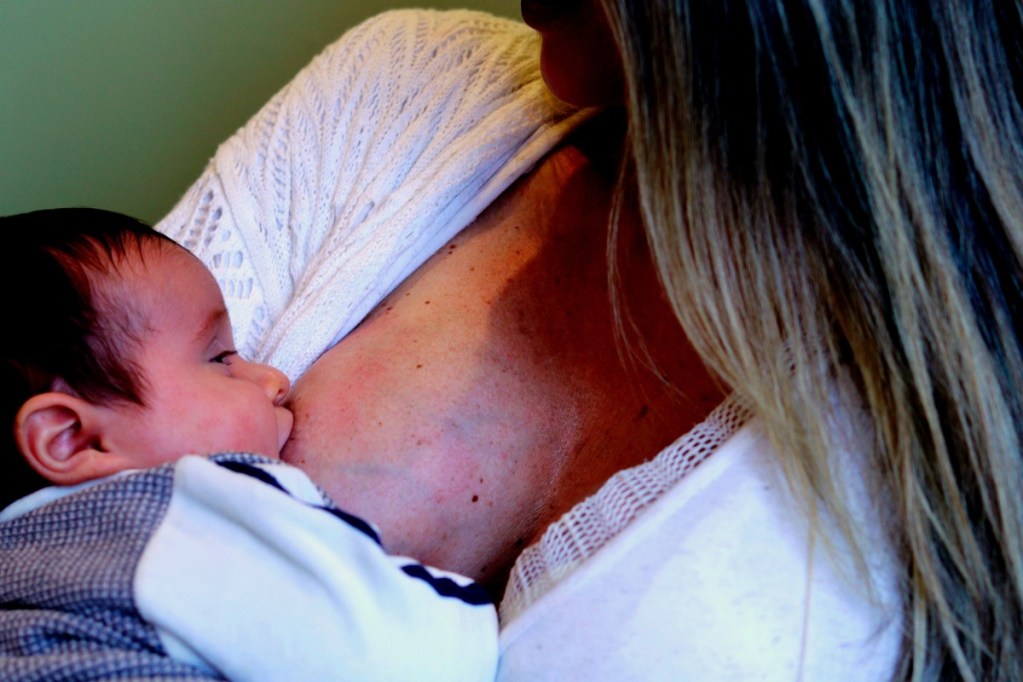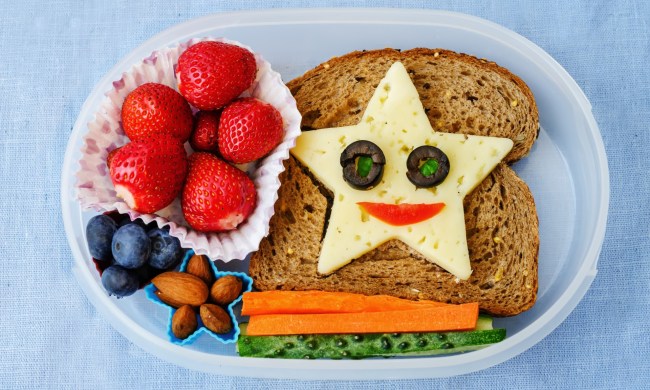“Breastfeeding is natural,” the pamphlets say.
Except, sometimes, breastfeeding can feel anything but natural. In the United States, CDC data shows that more than 80% of infants start out by receiving some human milk. However, only about 55% still receive any human milk, and less than 25% are exclusively breastfed by six months.
Why does that matter? The World Health Organization and the American Academy of Pediatrics recommend exclusive breastfeeding for six months and continuation for two years or more. Breastfeeding benefits the parent and baby, including bonding and reduced disease risk.
To be clear, whether you feed your child human milk or formula, you’re a good parent. However, many people want to provide human milk to their children. Challenges like lack of support, perceived low milk supply, and pain can cause early weaning.
Lactation consultants can help people work through these challenges instead of stopping prematurely. Here’s what you should know about these professionals.

What is a lactation consultant?
A lactation consultant is a nursing provider who has received training in lactation. In today’s world, medicine is so specialized. For example, during pregnancy, a birthing person will see an OB/GYN. When the baby is born, they’ll go to a pediatrician.
However, breastfeeding is a dyad, often the mom and her baby. Lactation professionals know how to help both with issues during breastfeeding.

What can lactation consultants help with?
It’s hard to understand the number of challenges that can arise during a breastfeeding journey until you’re in the trenches. However, lactation consultants have seen and learned about almost everything lactation-related and can provide tips and support for:
- Poor latches
- Slow weight gain in the infant
- Perceived or actual low milk supply
- Sleeping at the breast
- Spotting oral dysfunction, such as tongue ties that can lead to inefficient transfer
- Pain and cracked or sore nipples
- Breast or bottle refusal
- Emotional and mental struggles affecting breastfeeding
Some lactation consultants have high-quality scales and offer weighted feeds to ensure adequate transfer. To do these feeds, the consultant will weigh the baby before and after the feed. The difference in weight represents the estimated number of ounces the baby transferred.

What can’t a lactation consultant do?
As great as lactation consultants are, they have their lanes. They cannot:
- Make a medical diagnosis, such as jaundice, which can sometimes result from inadequate feeding
- Provide advice on which vaccines to get and when (Vaccines do not impede breastfeeding. Though breastfeeding provides immune benefits, it does not replace vaccinations.)
- Diagnose tongue ties — a lactation can flag that it may be present, but another professional such as a pediatric dentist can make a formal diagnosis
- Treat postpartum anxiety or depression, but they can offer a listening ear and recommend support groups or therapists
What are the levels of lactation consultants?
Not all lactation consultants are the same. Some have more training than others, but all may be able to help with certain aspects of your journeys. Here is what to know:
- International board-certified lactation consultant (IBCLC): The highest level of lactation consultants, IBCLCs need more than 90 hours of training and must recertify every five years. They can help with the most complex issues, including pre-mature babies with sucking challenges, breast refusal, and oral dysfunction.
- Certified lactation consultant (CLC): CLCs need at least 45 hours of training and must pass an exam. They can help with less complex issues, such as poor latching and positioning.
- Certified lactation specialist (CLS): These support people need a five-day course and often use their certification as a first step to becoming an IBCLC or CLC. They are great for helping work out simple kinks, like finding a good nursing pillow or providing support through cluster feeding.
- Certified lactation educator (CLE): These professionals often help WIC families and typically complete a 20-hour course in lactation and must pass an exam. They can talk about how breastfeeding works, such as the importance to feed when the baby wants (on-demand) to build supply.
- Peer educators: These individuals are also commonly found supporting families using WIC. They have personally breastfed an infant for a minimum of six months and have trained on-site for at least 20 hours. They can provide moral support and basic education on breastfeeding, such as recommending nursing pillows.
Find a lactation consultant near me
There are several ways to find a lactation consultant near you. You could simply Google “lactation consultant near me.” You could also ask for a referral from:
- A pediatrician (they may even have one on staff)
- Local parents’ social media groups (You can also use the search bar to find reviews on them)
- Friends who live near you who have successfully breastfed
Breastfeeding isn’t the be-all end-all of parenthood or bonding, but it’s an experience many people initiate and would like to have with their baby. It’s rewarding but can be physically and mentally challenging, especially at first. You may wonder if round-the-clock feedings are normal or if your baby is getting enough. Other infants have more complex issues that affect weight gain or milk intake. If you’re the first person in your family to initiate breastfeeding, you may feel like you’re missing the “village” you need. Lactation consults can help with these issues and support your feeding goals. You can find them through local parent groups, your pediatrician, or friend and family referrals.





